"Espace KM"- Scandinavian vintage furniture shop that connects the masterpieces of the past to the future.
Table of Contents
The joy of creating a living space
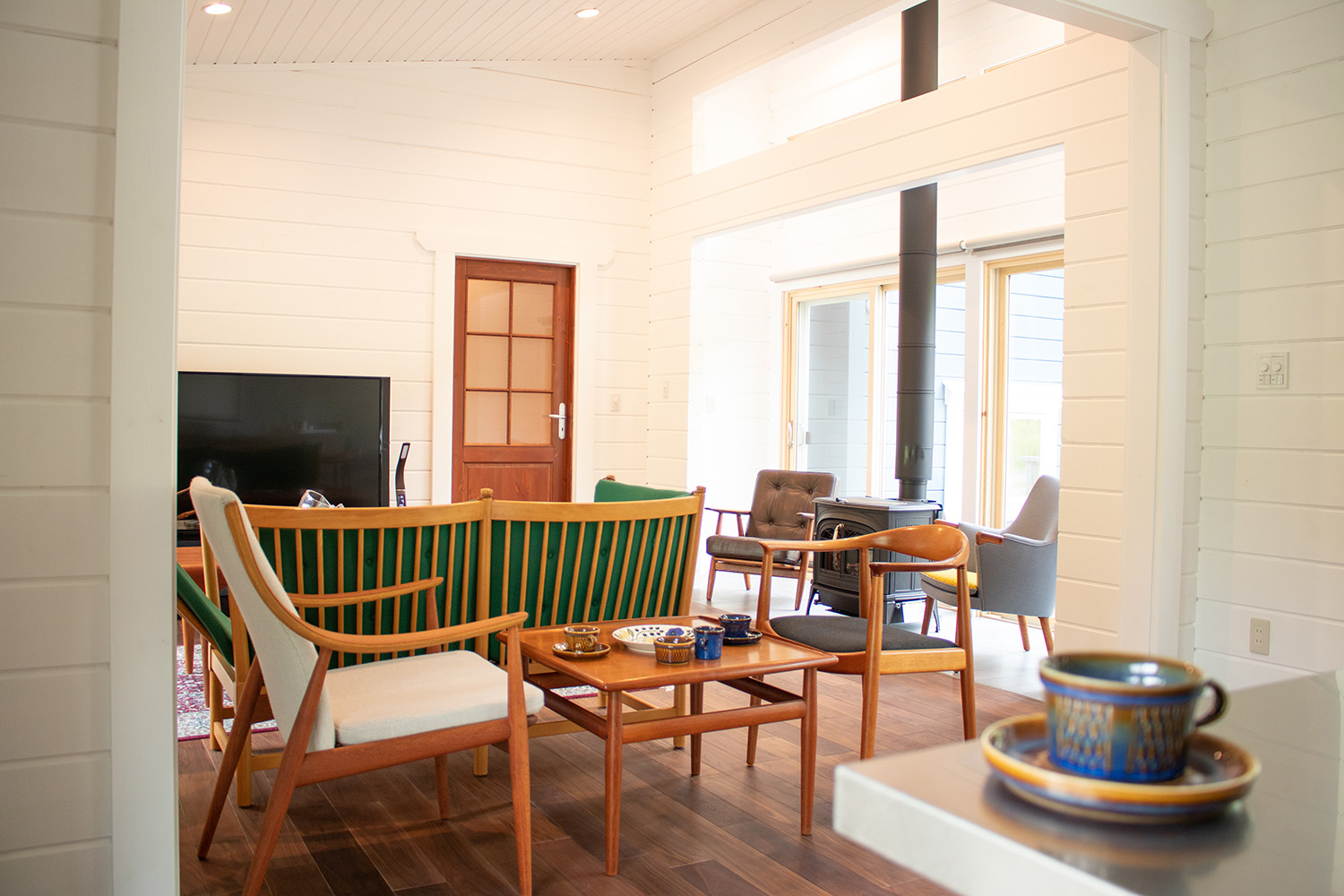
After graduating from university, he worked for a trading company before starting Espace KM. I asked him how he came to open a Scandinavian vintage furniture store.
-Please tell me how you became interested in interior design.
Maruyama: "I think it's probably influenced by watching my parents when I was a child.
When I was a child, I lived in France for about seven years, and my parents often took me to the flea market on the weekends. My parents collected antiques and Brocante furniture that they liked. Of course, at the time, my interest was eating sandwiches and crepes at stalls at flea markets, but when I think about it now, "old things" were a part of my life, and I felt that it was natural. ”
-Are there any scenes that left a particularly strong impression on you?
Mr. Maruyama:"When I saw the dealer who delivered the furniture we bought at the flea market explain to my parents how to take care of the furniture and the history of it, as if the furniture were his own child, and my parents' smiles as they happily told me and my brother about it, I felt the wonderfulness of connecting "things" to the future.
At my parents' home, the furniture have been repaired and reupholstered many times, and they still use these pieces of furniture with care. Each piece of furniture has a memory of the craftsman who helped us with the repairs and reupholstery, and from this experience I began to feel a fascination with old things. ”
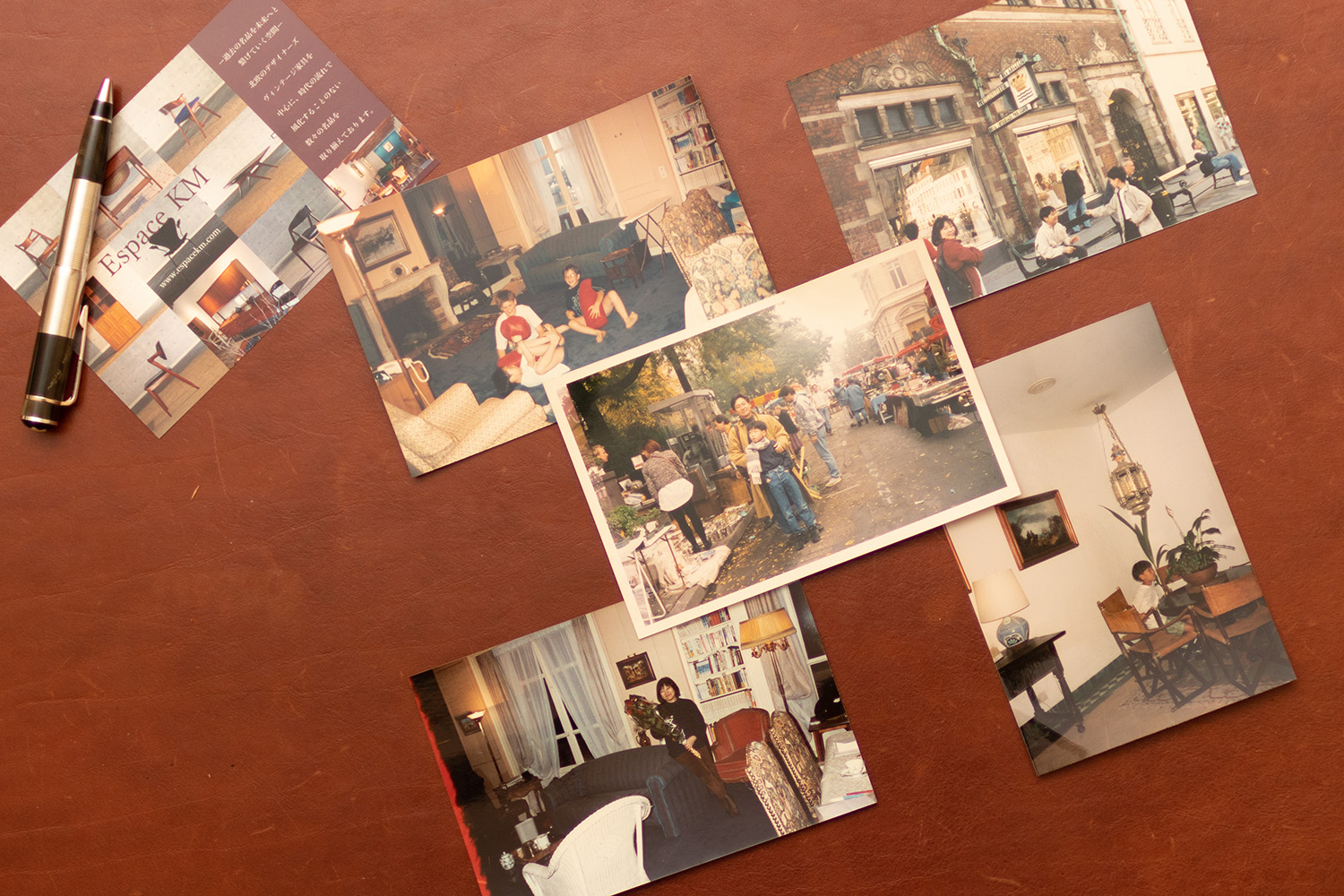
-After that, you went on to study commerce at university. What were your thoughts?
Maruyama: “When deciding where to go to school, I had a hard time deciding whether to pursue an architecture-related course or an economics/commerce-related course. I decided to enter the Faculty of Commerce at Keio University, thinking that I would definitely be able to use this experience in the future. After that, I decided to work at a trading company for at least five years, trying to learn about the flow of business and work"
-After you retired, you studied architecture.
Maruyama: Yes, I studied architecture at Waseda University's art school because I wanted to renovate used real estate. Amidst economic growth, Japan's society has become bloated due to scrap and build, but in the future, an era of ultra-low birthrates and an aging population awaits. Therefore, I felt that the effective use of resources in society is very important for the realization of a sustainable society.
I thought that I could contribute to society by using the remaining good things with my knowledge and skills in renovation to provide a comfortable living space. ”
-After graduating, you opened a Scandinavian vintage shop after a period of preparation. Have you had a change of heart since you were interested in renovating?
Maruyama: "From the era of mass production and mass consumption, the underlying 'feeling' of wanting to contribute to the realization of a more sustainable society and to contribute to society by providing comfortable living spaces was the same, but with a slightly different approach.
I have come to feel that the scene of good things being passed down from person to person, from parent to child, from generation to generation, which I have felt close to me since childhood, is also the way a sustainable society should be, and that in studying architecture, I realized the impact that unexpectedly small changes in detail can have on a space. I think this was a major catalyst for my shift in direction.
The impression of the space changes greatly just by changing the furniture you use and the arrangement.
Especially when starting life in a new place, I feel that having a place where you can really relax makes your life a little richer. Even if you don't go as far as renovating, just having a few favorite pieces of furniture can make all the difference. I realize this because I have lived a life of moving around a lot, including living abroad as a child and being stationed overseas during my time with a trading company.
Living space is quite important, isn't it? In Japan, many people spend a lot of time at work and only go home to sleep. If there was a chair that they could rest their bodies in, I think it would change the way they spend their time at home.

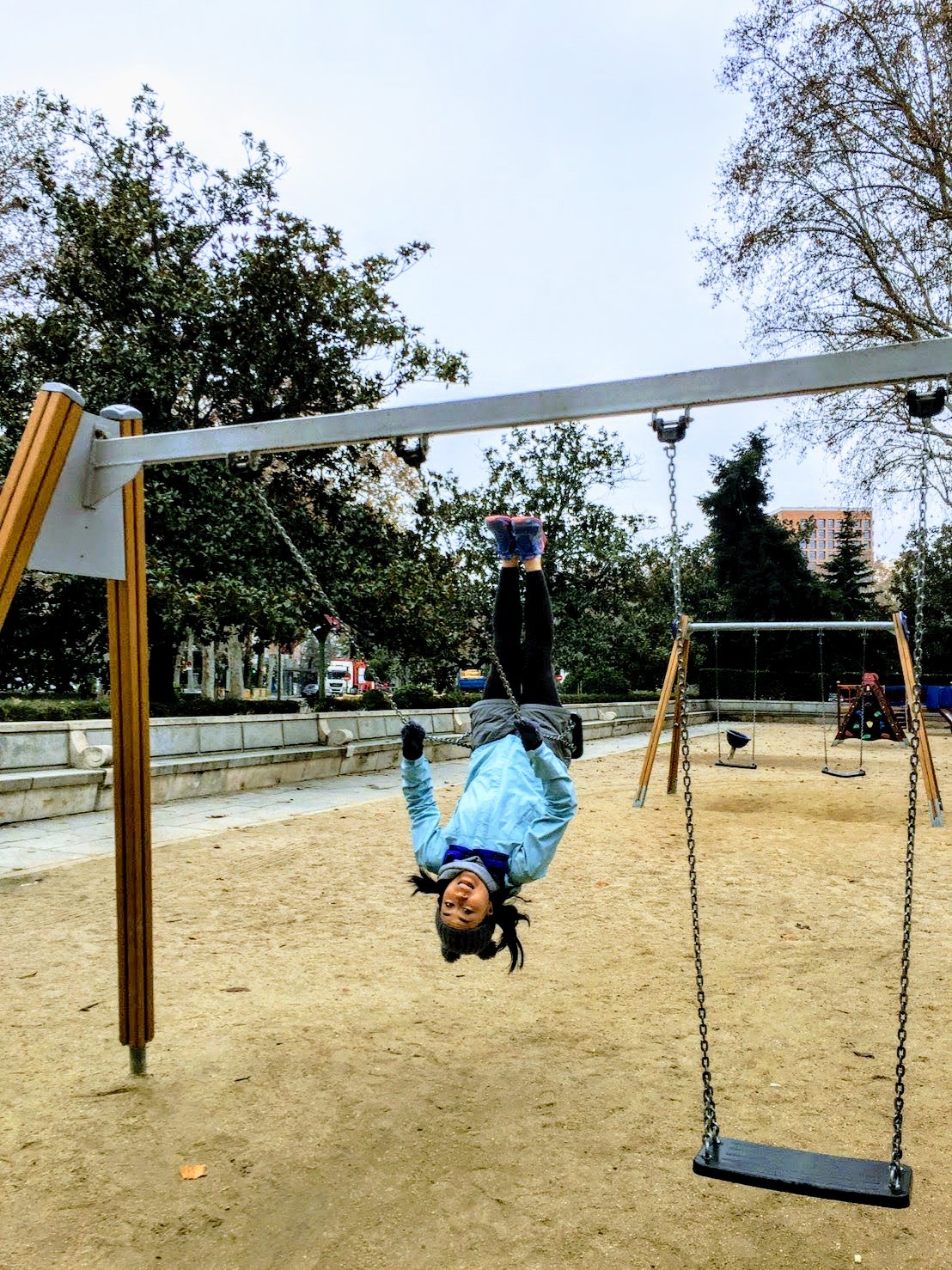
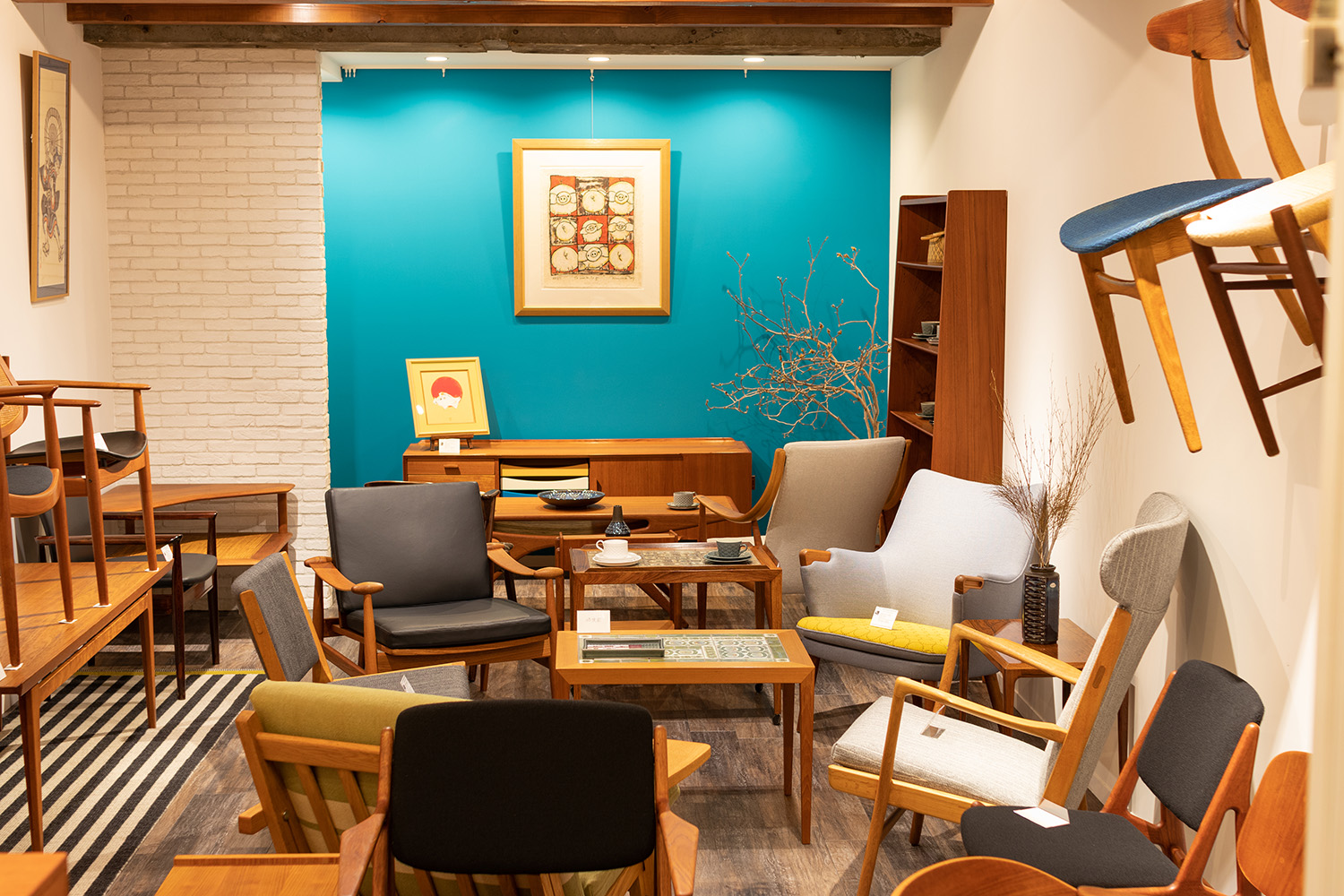
![[Special Feature] Antique & Vintage Shops in Tokai Area](https://life-designs.jp/wp/wp-content/uploads/2019/06/w1920x1088_antique-1-1024x580.jpg)
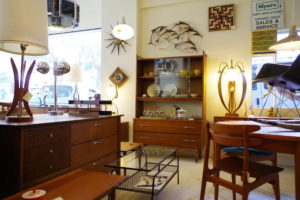
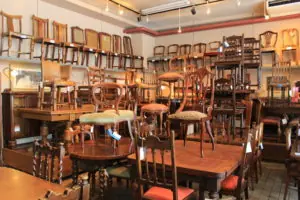

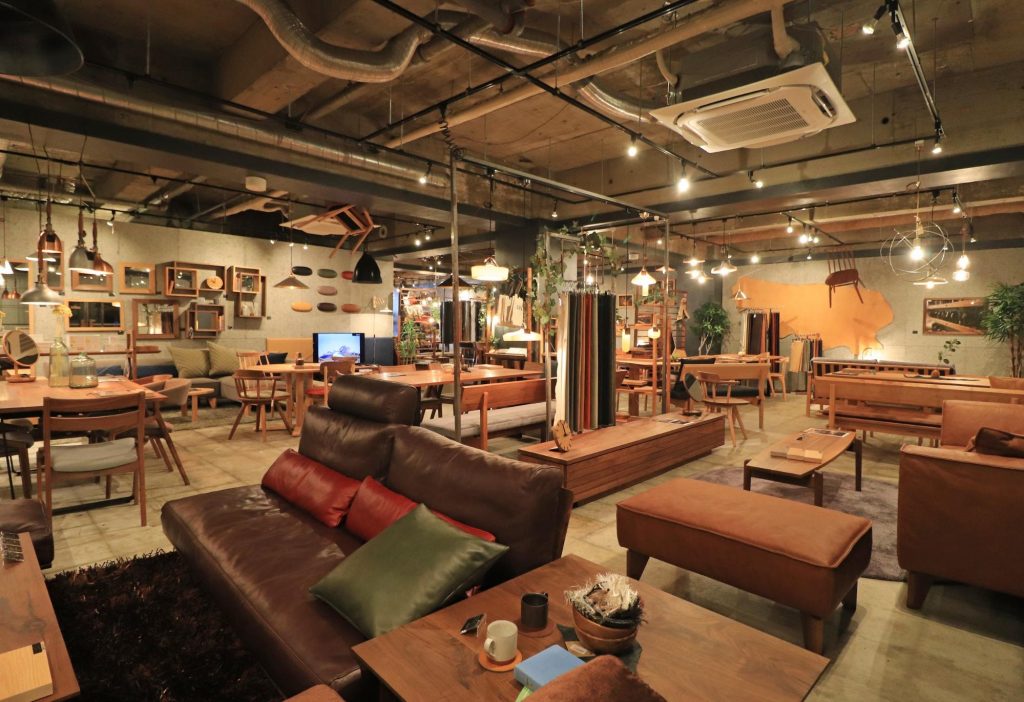
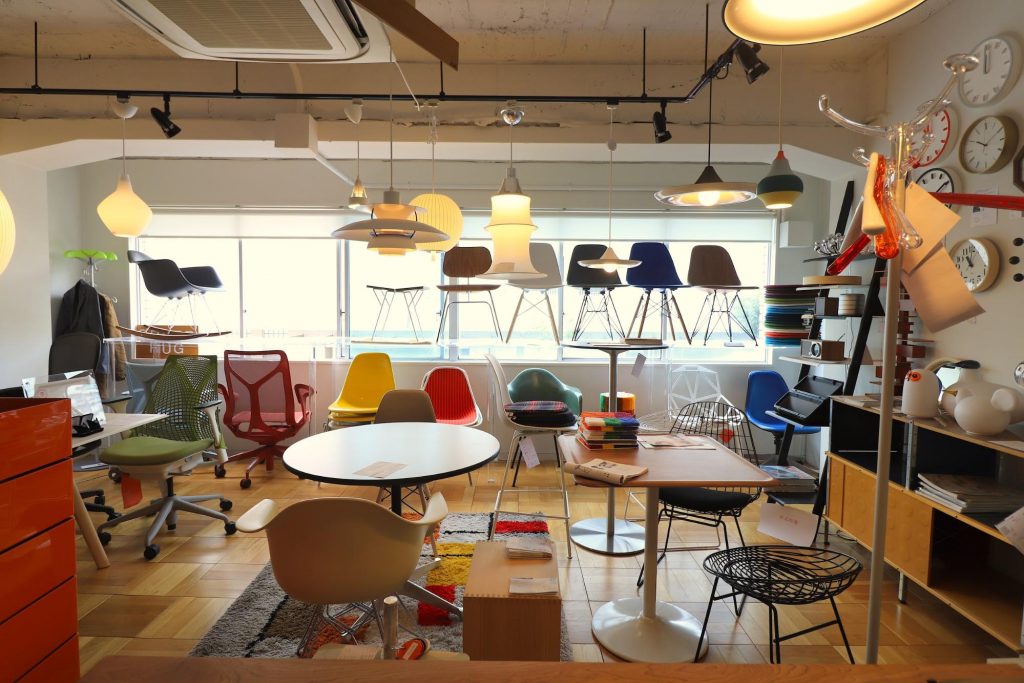
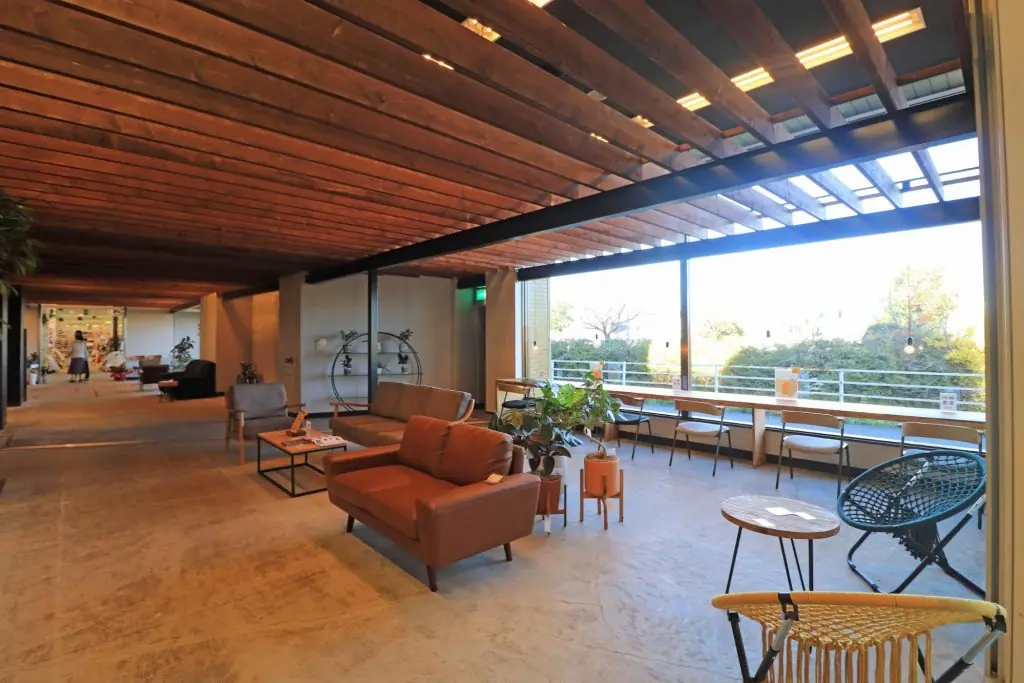


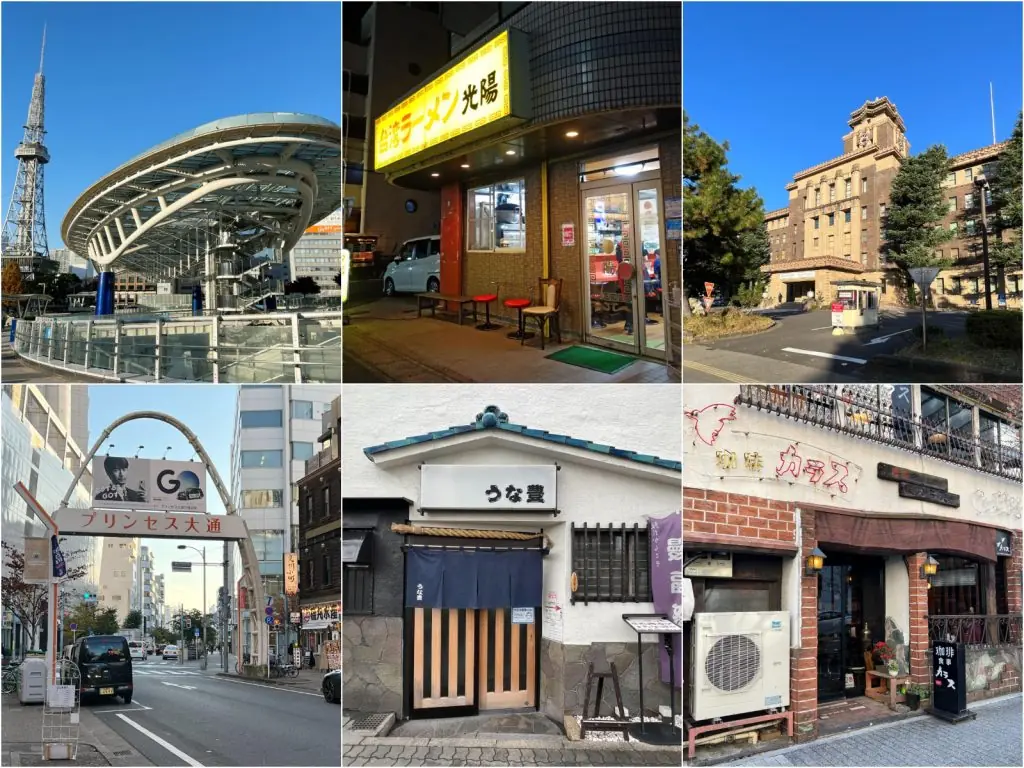

![[Aichi/Nagoya City] 35 recommended custom house companies and construction companies](https://life-designs.jp/wp/wp-content/uploads/2022/05/iStock-1190166068-1024x683.jpg)

![[Indoor Facilities] Where to Go on Rainy Days in Tokai Area! For Family Outings!](https://life-designs.jp/wp/wp-content/uploads/2023/07/FotoJet-23.jpg)





![[Tokai Area] Place to Go on Rainy Days!](https://life-designs.jp/wp/wp-content/uploads/2022/03/f76405aaa33944a4ba88a131fbc56523-768x435.png)
![[Sauna Specials] Feel Revitalized in Sauna!](https://life-designs.jp/wp/wp-content/uploads/2021/07/Sauna-768x435.jpg)
![[Special Feature] Enjoy Outdoor Activities!](https://life-designs.jp/wp/wp-content/uploads/2019/12/LD_banner_w1920x1088_outdoor-1-1024x580.jpg)
![[Nagoya-meshi] Nagoya's Speciality Dishes](https://life-designs.jp/wp/wp-content/uploads/2022/06/5ba2ca8c038fd4af7527bc0826367cfb-1024x580.png)
![[Ghibli Park] Beginner's Guide](https://life-designs.jp/wp/wp-content/uploads/2023/07/ghiblipark_w1920h1088_20240422-1024x580.png)
![[Osu Special Feature] A City of History and Uniqueness](https://life-designs.jp/wp/wp-content/uploads/2022/03/01_Osu-1-1024x580.png)




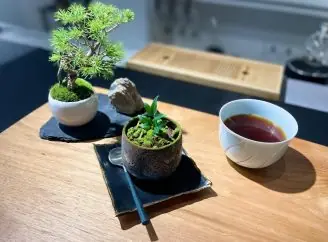



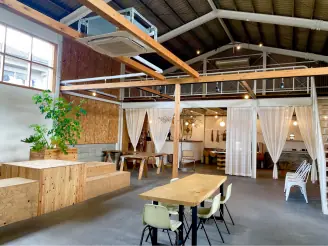

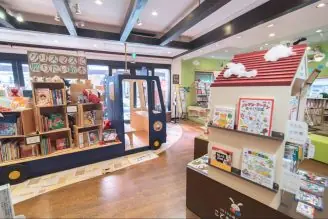

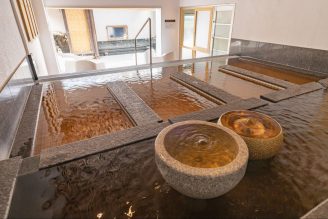


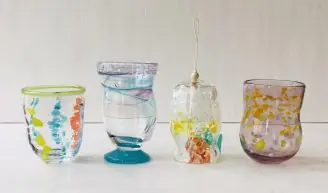




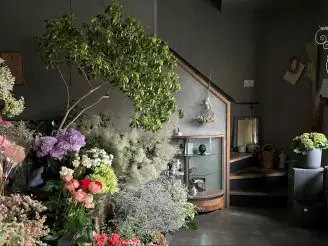

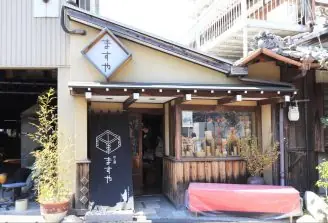




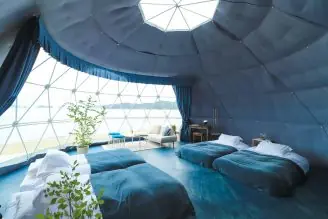


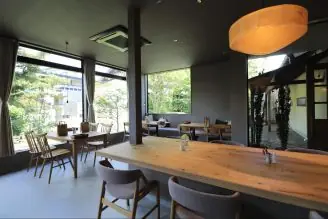

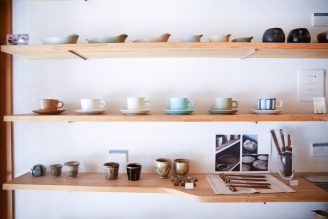

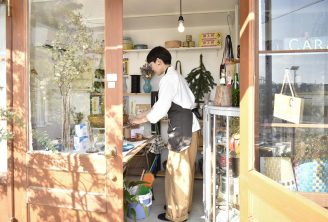





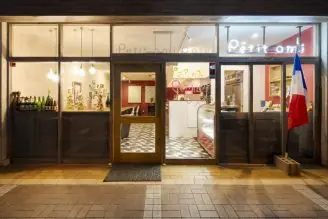



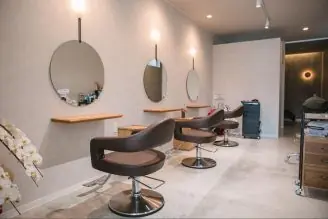



![[Indoor Facilities] Where to Go on Rainy Days in Tokai Area! For Family Outings!](https://life-designs.jp/wp/wp-content/uploads/2023/07/FotoJet-23-1024x768.jpg)

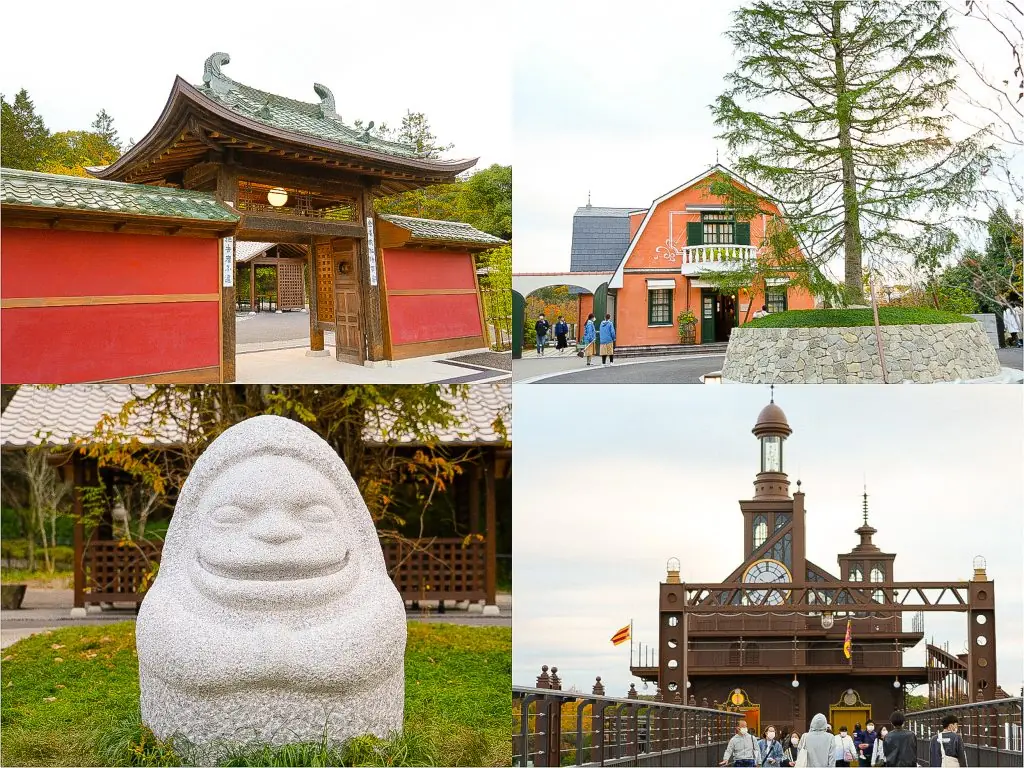
![[Within 2hrs by Car] 12 Outing Areas where You can Go on a Day Trip from Nagoya!](https://life-designs.jp/wp/wp-content/uploads/2023/07/odekake12_w1200h900_20240422-768x576.png)
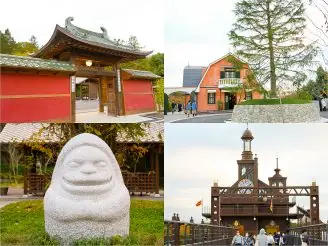

![[14 Selections] Recommended spots to spend the weekend in Kakuozan area of Nagoya](https://life-designs.jp/wp/wp-content/uploads/2022/07/Kakuozan-spot_w1920h1088_240605-328x186.png)

